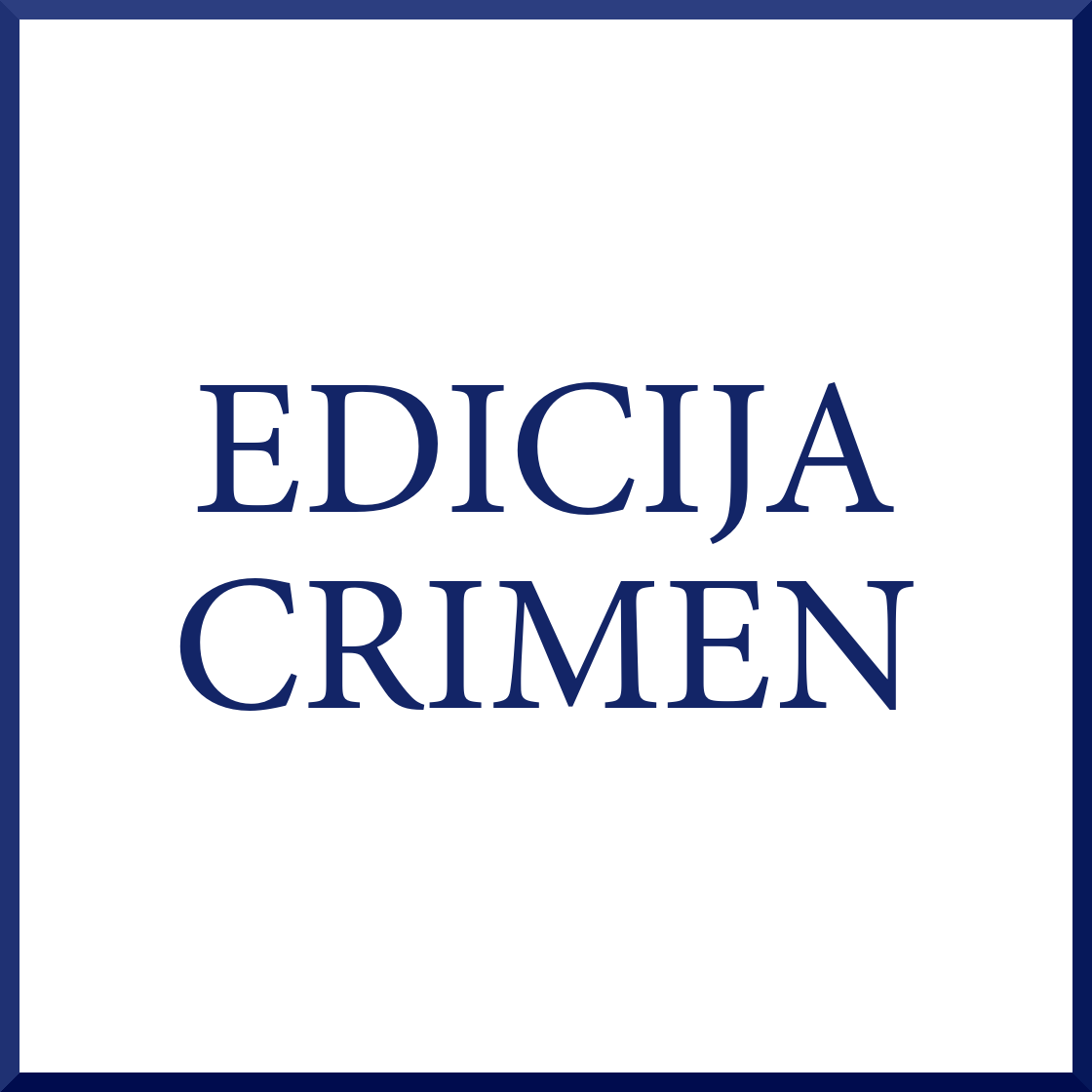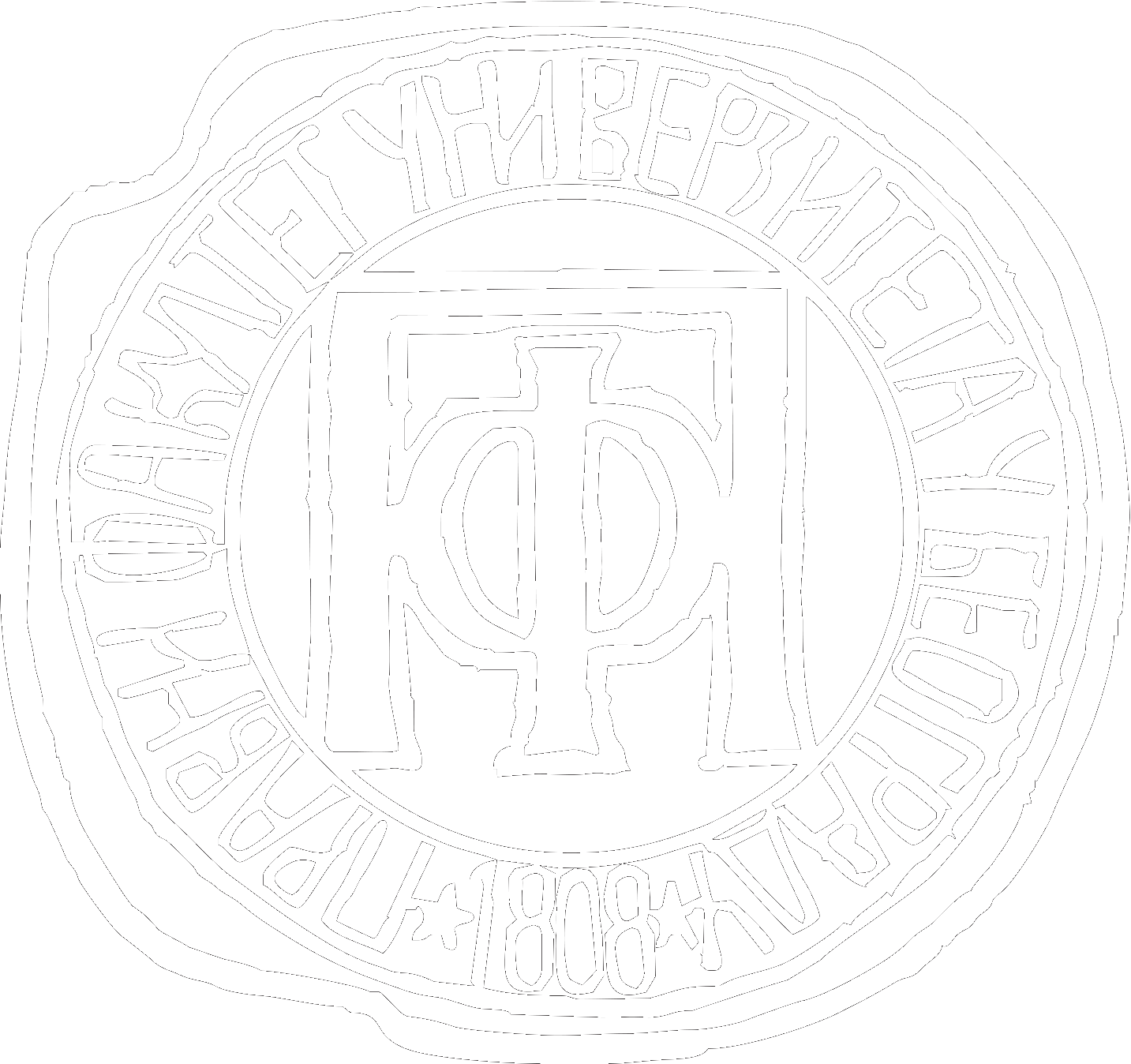Ratni izveštači kao svedoci u međunarodnom krivičnom pravu
'Slučaj Randal'
Ključne reči:
ratni izveštač; svedok; krivični postupak; Međunarodni krivični tribunal za bivšu Jugoslaviju; slučaj 'Randal'Apstrakt
Odlukom žalbenog veća Međunarodnog krivičnog tribunala za bivšu Jugoslaviju (MKTJ) u slučaju Brđanin i Talić (IT-99-36) od 11. decembra 2002. godine ustanovljena je relativna zabrana ispitivanja ratnih izveštača kao svedoka u postupcima pred MKTJ. Neposredan povod za ovakvu odluku jeste odbijanje američkog novinara Džonatana Randala (Johnatan Randal) da svedoči u predmetu - naime, iako je prvobitno pretresno veće pozvalo Randala da svedoči, pa čak mu i izreklo obavezujući nalog za svedočenje pod pretnjom kazne, u žalbenom postupku, usled pritiska mnogobrojnih novinarskih udruženja, ovaj nalog je stavljen van snage. Do tog trenutka teorija i praksa međunarodnog krivičnog prava nisu poznavale nikakve privilegije kojima bi se ratni izveštači kao svedoci mogli služiti u krivičnom postupku, a danas ova odluka predstavlja priznati precedent poznat kao 'slučaj Randal' (Randal case). Na početku rada upoznajemo se sa slučajem 'Randal'. Prateći hronologiju preduzimanja radnji u postupku autor, kritički analizirajući, izlaže argumente stranaka i stavove sudskog veća u vezi sa stvaranjem tzv. 'novinarske privilegije'. U zaključku, autor zauzima stav da je ustanovljavanje ove privilegije opravdano, imajući na umu značaj rada ratnih izveštača ali i pravilno uspostavljanje ravnoteže između osnovnih ljudskih prava i njihovih ograničenja.
Downloads
Reference
Balguy – Gallois, A. /2004/: The Protection of Journalists and News Media Personnel in Armed Conflict, International Review of the Red Cross, Vol. 86, nº 853. https://doi.org/10.1017/S1560775500180095
Berman, E. A. /2005/: In Pursuit of Accountability: The Red Cross, War Correspondents, and Evidentiary Privileges in International Criminal Tribunals, New York University Law Review, Vol. 80, nº 1.
Brants, C. /2005/: A Question of Privilege, – in: Annotated Leading Cases of International Criminal Tribunals – The International Criminal Tribunal for the Former Yugoslavia 2001–2002 (Klip, A. and Sluiter, G., eds.), Vol. 8.
Buchanan, K. /2004/: Freedom of Expression and International Criminal Law: An Analysis of the Decision to Create a Testimonial Privilege for Journalists, Victoria University of Wellington Law Review, Vol. 35, nº 3. https://doi.org/10.26686/vuwlr.v35i3.5703
Jones, J. and Powles, S. /2006/: Međunarodna krivična praksa, Beograd.
Joyce, D. /2007/: The Judith Miller Case and the Relationship between Reporter and Source: Competing Visions of the Media’s Role and Function, Fordham Intellectual Property, Media & Entertainment Law Journal, Vol. 17, nº 3.
Kraut, N. /2004/: A Critical Analysis of One Aspect of Randal in Light of International, European, and American Human Rights Conventions and Case Law, The Columbia Human Rights Law Review, Vol. 35, nº 2.
Lieberman, E. and Campbell, F. /2003/: International Tribunal Recognizes Qualified Privilege for War Correspondents, Communications Lawyer, Vol. 20, nº 4.
Randal, J. /1993/: Preserving the Fruits of Ethnic Cleansing: Bosnian Serbs, Expulsion Victims See Process as Beyond Reversal, The Washington Post, 11 February 1993.
Schlesinger, N. /2003/: Prosecutor v Brdjanin and Talic: In the Public Interest? War Correspondents as Witnesses before International Criminal Courts, Melbourne Journal of International Law, Vol. 4, nº 1.

Downloads
Objavljeno
Kako citirati
Broj časopisa
Sekcija
Licenca
Sva prava zadržana (c) 2011 Miloš Milovanović

Ovaj rad je pod Creative Commons Autorstvo 4.0 Internacionalna licenca.
Autori zadržavaju autorska prava i daju časopisu pravo prvog publikovanja rada, što omogućava drugima da dele rad uz priznanje autorstva i izvornog objavljivanja u ovom časopisu.










